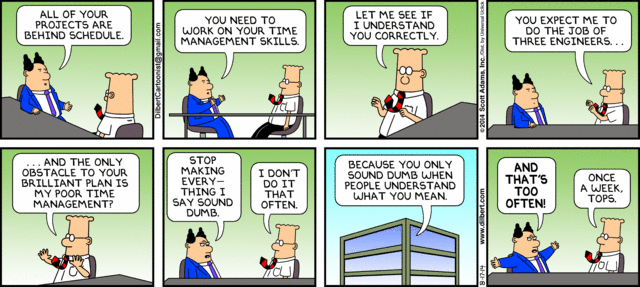Patrick Rothfuss writes on Terry Pratchett’s passing – and interestingly, he’s writing as a fan, not a “fellow writer”:
Odds are, if you know much anything about me, you know I’ve been a fan of Pratchett for years. If you follow me on goodreads you’ve seen me write reviews so gushy that they border on the inarticulate.
I didn’t know him. Honestly, I didn’t even know too much about him. I saw him speak once at a convention in Madison, and got to meet him very briefly. I wrote about it on the blog.
He goes on to talk about the exact impact Pratchett had on him, because of this quote from Pratchett in an interview about why he writes in “fantasy” only:
Pratchett: Without a shadow of a doubt, the first fiction ever recounted was fantasy… Guys sitting around the campfire telling each other stories about the gods who made lightning, and stuff like that. They did not tell one another literary stories. They did not complain about difficulties of male menopause while being a junior lecturer on some midwestern college campus. Fantasy is without a shadow of a doubt the ur-literature, the spring from which all other literature has flown.
This turns around Rothfuss’ view on his own work:
Even these days, people look down on fantasy. They think of it as kid stuff. They dismiss it as worthless. They say not real literature. People say that *NOW* despite the fact that Game of Thrones and The Hobbit and Avengers and Harry Potter are bigger than The Beatles.
Then I read that article, and it filled me with hope. With pride.
If there’s one thing I’ll say about this, it’s much the same connection – although I’m by no means a fantasy writer, or even a budding one as Rothfuss apparently was when reading the quote – that Fantasy is too easily looked down on as being somehow childish or escapist, when ultimately it is the fiction, the stories that have held through time for humanity. To escape into a world of fantasy is what we’ve done for millennia – and to look down on this is to deny the reality of where we came from.
So I’ll continue to read fantasy, without any pretensions to being more “mainstream”, because really, how would life be without worlds like Tolkien’s, or Jordan’s, or Martin’s to escape to, or wit like Pratchett’s to laugh at?
It’d be boring, that’s what.

